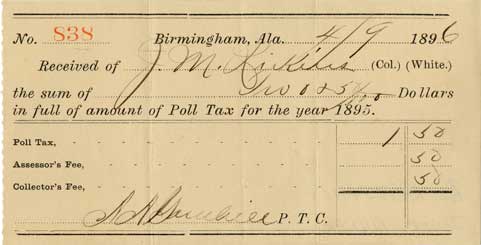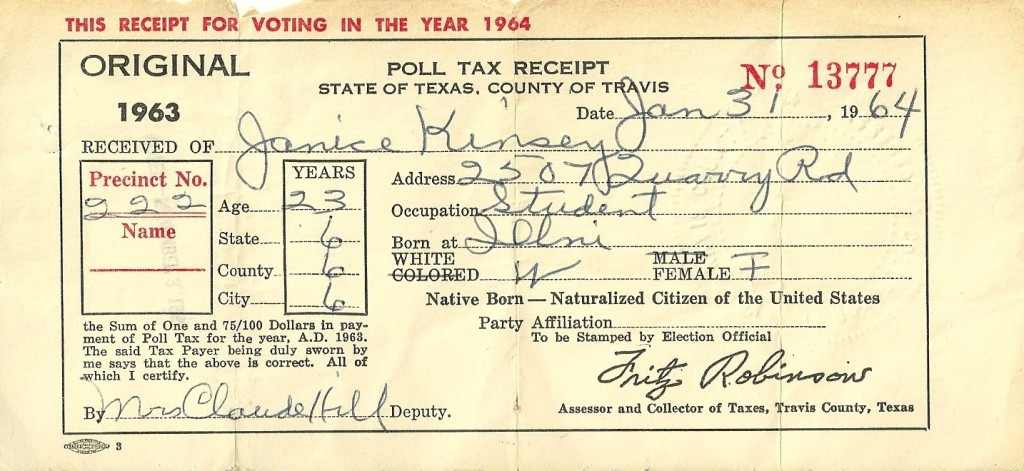http://kidshealth.org/kid/talk/qa/sleep.html?tracking=K_RelatedArticle
Every creature needs to rest. Giraffes, little babies, elephants, dogs, cats, kids, koala bears, grandparents, moms, dads, and hippos in the jungle — they all sleep! Just like eating, sleep is necessary for survival.
Sleep gives your body a rest and allows it to prepare for the next day. It's like giving your body a mini-vacation. Sleep also gives your brain a chance to sort things out. Scientists aren't exactly sure what kinds of organizing your brain does while you sleep, but they think that sleep might be the time when the brain sorts and stores information, replaces chemicals, and solves problems.
The amount of sleep a person needs depends a lot on his or her age. Babies sleep a lot — about 14 to 15 hours a day! But many older people only need about 7 or 8 hours of sleep each night. Most kids between the ages of 5 and 12 years old are somewhere in between, needing 10 to 11 hours of sleep.
Do you feel the same when you only get a little bit of sleep?
- Skipping 1 night's sleep makes a person cranky and clumsy.
- After missing 2 nights of sleep, a person will have problems thinking and doing things; his or her brain and body can't do their normal tasks nearly as well.
- After 5 nights without sleep, a person will hallucinate (this means seeing things that aren't actually there).
When your body doesn't have enough hours to rest, you may feel tired or cranky, or you may be unable to think clearly. You might have a hard time following directions, or you might have an argument with a friend over something really stupid. A school assignment that's normally easy may feel impossible, or you may feel clumsy playing your favorite sport or instrument.
One more reason to get enough sleep: If you don't, you may not grow as well. That's right, researchers believe too little sleep can affect growth and your immune system — which keeps you from getting sick.
Why Do We Sleep? from Matteo Farinella on Vimeo.

|

|

|

|

|

|

|

|

|

|
What Sleepy Kids Can Do
Say you do the math and it turns out you're not getting enough sleep. What do you do? Well, we doubt your school will agree to start classes later just so you can get your beauty sleep. You need to change the time you go to bed. This is tough to do, but you can make a change if try hard.Here are some steps to take:
- Ask a parent for help. Your mom or dad can be a big help by keeping you on track in the evenings so you're ready for bed earlier. Talk to a parent about how to get your homework done earlier and if after-school activities are too much for you. Also talk to a parent if you have trouble falling asleep or staying asleep.
- Organize yourself before going to bed. If your lunch is packed and your backpack is ready to go, you can rest easy and you don't have to rush around in the morning.
- Don't have a TV in your bedroom. It can be too easy to turn it on and then too hard to turn it off when you really need to be sleeping.
- Create a relaxing routine. Follow the same bedtime routine each night, such as taking a warm shower, listening to music, or reading. Doing this can get your body and mind ready for a peaceful night of sleep.
- Once you've set a new bedtime, stick to it. If you're going to stay up late on weekends, choose Friday to whoop it up. That leaves you Saturday night to get back in your sleep groove before the school week starts. Sleepovers, especially, should be planned for Friday instead of Saturday nights.













































